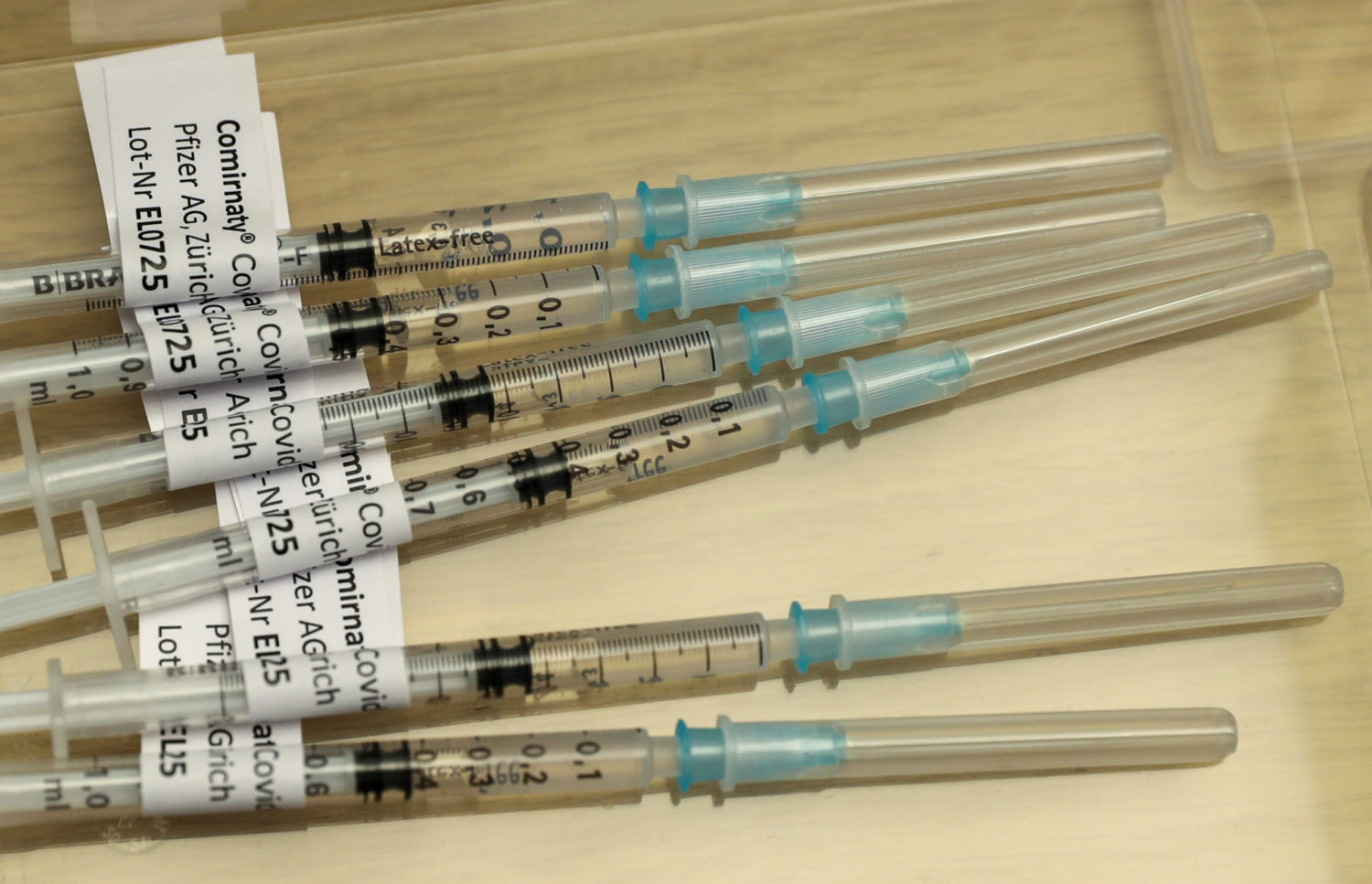
By Vera Eckert
FRANKFURT (Reuters) -Germany’s energy regulator has suspended the approval process for a major new pipeline bringing Russian gas into Europe, throwing up a new roadblock to the contentious project and driving up regional gas prices.
The watchdog said on Tuesday it had temporarily halted the certification process because the Swiss-based consortium behind Nord Stream 2 first needed to form a German subsidiary company under German law to secure an operating license.
European prices jumped almost 11% on news of the hold-up, with the Dutch front-month contract hitting 90.40 euros/MWh in afternoon trade.
“This does push back expected timelines quite a bit,” said analyst Trevor Sikorski at Energy Aspects, adding that it was unclear how long the process of establishing a new company and reapplying for certification would take.
First flows through the pipeline look very unlikely in the first half of 2022, he added.
Nord Stream 2 has faced stiff opposition from the United States and some European states, which say it will make Europe too reliant on Russian gas. But other European governments say the link is vital to secure energy supplies, with gas prices surging in recent weeks and the threat of power outages looming this winter.
Nord Stream 2 said it had been notified by the regulator about the certification decision. “We are not in a position to comment on the details of the procedure, its possible duration and impacts on the timing of the start of the pipeline operations,” it added.
The Kremlin was not immediately available to comment.
“Any delays in the pipeline certification, all the more so on the eve of winter, is not in the interests of the European Union, that’s without any doubt,” Konstantin Kosachyov, deputy chairman of Russian parliament’s upper house, told TASS news agency.
The regulator, the Bundesnetzagentur, said it would only assess an application after a transfer of major assets and budgets for staffing to a German subsidiary.
“A certification for the operation of Nord Stream 2 will only be considered once the operator is organized in a legal shape compliant with German law,” it said.
Once these preconditions had been met, it said it could continue assessing the submission in the rest of the four-month application period. Before the suspension, that period was meant to run until early January.
Lawyers said the move, viewed by some gas market traders as politically charged, made sense from a regulatory perspective because it meant the pipeline’s operators in Germany would be answerable to local rules.
Essen-based law firm Rosin Buedenbender said a number of limited liability company options were available.
UKRAINIAN OPPOSITION
Ukraine is one country bitterly opposed to the pipeline, which has fed into broader tensions between Kyiv and Moscow at a time when the United States has accused Russia of building up troops near Ukraine in preparation for a possible attack, an allegation the Kremlin has dismissed.
Russia annexed Ukraine’s Crimean peninsula in 2014 and Moscow-backed separatists took control of the Donbass region in eastern Ukraine that same year.
The head of the Ukrainian energy firm Naftogaz told Reuters that he welcomed the German energy regulator’s decision.
“Good,” Yuriy Vitrenko said. “This is an important point, which suggests that the German regulator shares our position that certification cannot only apply to the pipeline in Germany, but should apply to the entire pipeline from the territory of the Russian Federation to the territory of Germany.”
Kyiv will lose revenues if gas from Russia bypasses it and it accuses Moscow of using energy as a weapon to threaten Europe’s security.
Moscow has denied this and says Nord Stream 2 is a purely commercial venture that complies with European energy rules.
Ukraine has successfully applied to be part of the consultation process to certify the pipeline.
Moscow has already used a route under the Baltic Sea for Nord Stream 1 – the predecessor to Nord Stream 2 – which has a capacity of 55 billion cubic meters (bcm), equivalent to half Germany’s annual gas usage.
Nord Stream 2 will double that and make Germany a central arrival hub for European gas volumes for onward distribution.
The Berlin economy ministry and the European Commission have been made aware of its notice to Nord Stream 2.
The Commission has two months after the German regulator’s decision to assess the application for its part.
“Under the current circumstances there is further downside for the timing of the start-up of Nord Stream 2 because even though Germany is more friendly towards this project than EU, the pipeline’s regulatory certification could face even more hurdles during the EU commission review stage,” said Carlos Torres Diaz, head of gas and power markets at Rystad Energy.
(Reporting by Vera Eckert Additional reporting by Vladimir Soldatkin, Pavel Polityuk, Nora Buli and Susanna Twidale; Writing by Pravin Char; Editing by Miranda Murray, Edmund Blair and Mark Potter)











